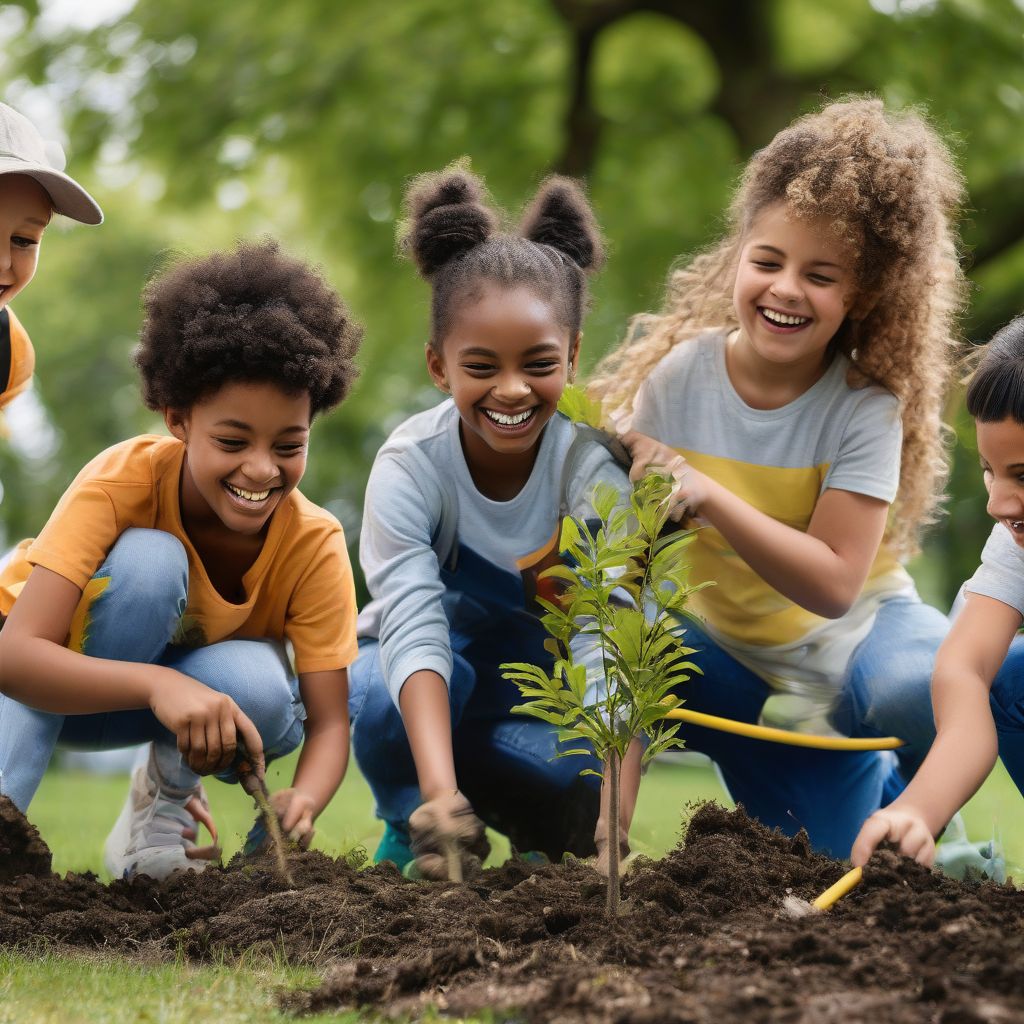Do you remember that childhood joy of playing in a lush green park or splashing in crystal clear water? These experiences often shape our lifelong connection with nature. Now, imagine empowering future generations to not only experience nature’s wonders but to understand, protect, and champion them. That’s the power of environmental education – it’s not just about knowing, it’s about doing.
Understanding the Vital Role of Environmental Education
Environmental education is a process that equips individuals with the knowledge, skills, and values necessary to make informed decisions and take responsible actions for the environment. It’s about fostering a deep understanding of how our choices impact the planet, both positively and negatively.
Empowering Informed Decision-Making
Imagine a world where everyone, from a young age, understands the interconnectedness of ecosystems, the impact of climate change, and the importance of resource conservation. Environmental education provides the tools for critical thinking and problem-solving, allowing individuals to make informed choices in their daily lives – from the products they buy to the policies they support.
Cultivating a Sense of Responsibility
 Children Planting Trees in Park
Children Planting Trees in Park
Beyond knowledge, environmental education fosters a sense of responsibility for the planet. It instills values of stewardship and encourages proactive behaviors that contribute to a healthier environment. This sense of responsibility is crucial for driving individual and collective action towards sustainability.
From Classrooms to Communities: The Impact of Environmental Education
The reach of environmental education extends far beyond classrooms and textbooks. It permeates communities, influences policies, and inspires innovation across various sectors.
Building Sustainable Communities
Environmental education empowers communities to address local environmental challenges. By understanding local ecosystems and engaging in hands-on projects, individuals become active participants in creating healthier and more sustainable communities. Whether it’s organizing a neighborhood cleanup, advocating for green spaces, or implementing sustainable practices at home, environmental education transforms knowledge into tangible action.
Driving Policy Change
Informed citizens are the bedrock of a thriving democracy. When equipped with environmental literacy, individuals become more engaged in advocating for policies that protect natural resources, mitigate climate change, and promote sustainable practices. They hold decision-makers accountable and contribute to a political landscape that prioritizes environmental health.
Inspiring Green Innovation
Environmental education is a wellspring of innovation. By fostering critical thinking and problem-solving skills, it inspires the creation of new technologies, sustainable business models, and creative solutions to environmental challenges. From renewable energy to eco-friendly design, environmental education paves the way for a greener and more sustainable future.
Empowering the Future: Cultivating Environmental Stewards
The future of our planet hinges on our collective ability to live sustainably. Environmental education plays a pivotal role in nurturing the next generation of environmental stewards.
Inspiring Action through Youth Engagement
Engaging young minds is crucial for fostering lasting change. Children and youth, armed with environmental knowledge and a sense of wonder for the natural world, become powerful advocates for sustainability. By empowering them to take action, we create a ripple effect that extends to families, communities, and beyond.
Building a Global Network of Changemakers
Environmental challenges transcend borders, demanding collective action on a global scale. Environmental education facilitates collaboration and knowledge sharing, connecting individuals and organizations worldwide to address shared environmental concerns. By fostering a global network of informed and engaged citizens, we can create a more sustainable future for all.
Conclusion: Embracing a Sustainable Future
Environmental education is not merely a subject taught in schools; it’s a transformative force that empowers individuals, communities, and societies to create a more sustainable and just world. By fostering environmental literacy, responsibility, and action, we can ensure a brighter future for generations to come. Let’s embrace the power of environmental education to nurture a greener, healthier, and more sustainable planet for all.
What steps can you take today to embrace environmental education and contribute to a more sustainable future? Share your thoughts and actions in the comments below!
[amazon bestseller=”environmental education”]
